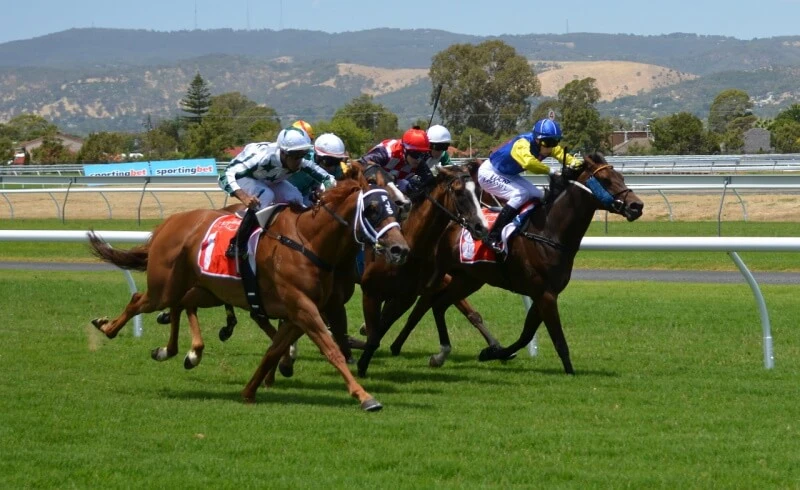Danish horse racing revenue increased 3.29% in 2019

Since the market was liberalised in 2018, ending Danske Spil’s monopoly on horse race betting in an attempt to increase interest in the sport, operators have been obliged to pay 8% of all wagers on racing to Danish racetracks, in a special contribution to equestrian sports.
Operator paid DKK10.6m in contributions in 2019, rising 3.9% from DKK10.2m in 2018.
Contributions must be used for expenditure in the common interests of horse racing, such as race prizes, maintenance of racetracks or training coaches.
In 2017, prior to the market’s liberalisation, approximately DKK126m was wagered on horse racing, rising to approximately DKK128m in 2018, and again to DKK132m in 2019.
The highest amount of horse racing bets were made in Q3, with DKK49.8m of the total wagered in 2019, up 9.21% from DKK45.6m in Q3 2018. Q2 and Q4 also saw increases, up 1.12% and 3.05% respectively. Q1 was the only quarter in 2019 which saw a decrease year-on-year, down 5.41% from 2018.
In October, results published by the regulator showed that 2019 represented the first year that year-on-year gaming revenue had fallen since the jurisdiction opened its regulated igaming market in 2012.
It calculated a gross gaming revenue of DKK40.4 per player on all forms of gambling during 2019, down from DKK40.7 in the previous year.
In the first half of 2020, regulated gambling revenue was shown to be down 19.2% year-on-year, after the novel coronavirus (Covid-19) pandemic greatly impacted the performance of both land-based gaming and sports betting. Overall revenue for the six months to 30 June fell to DKK2.70bn.
The market recovered somewhat in Q3 this year, as revenue for the three months to 30 September came to DKK1.53bn, up 32.1% from Q2 2020, but still down 11.1% on the same period in 2019.
